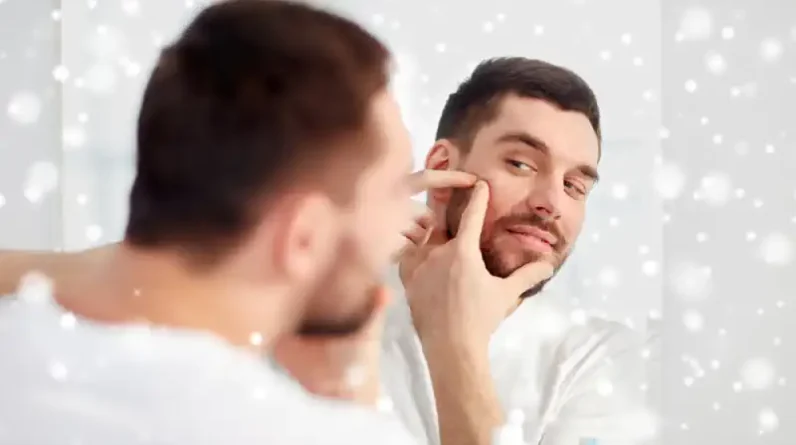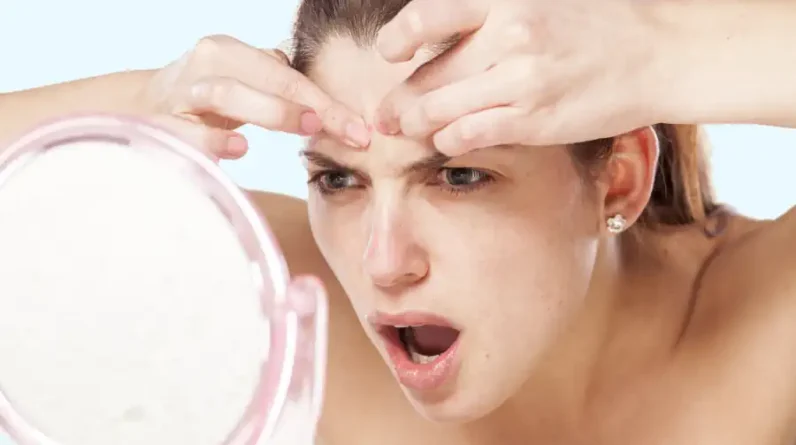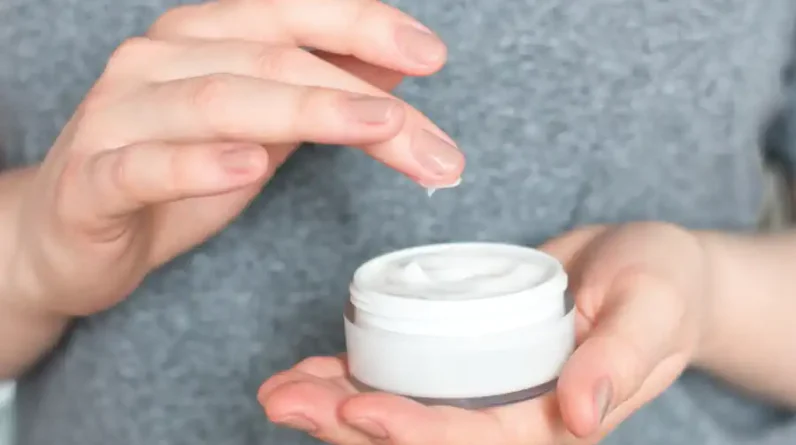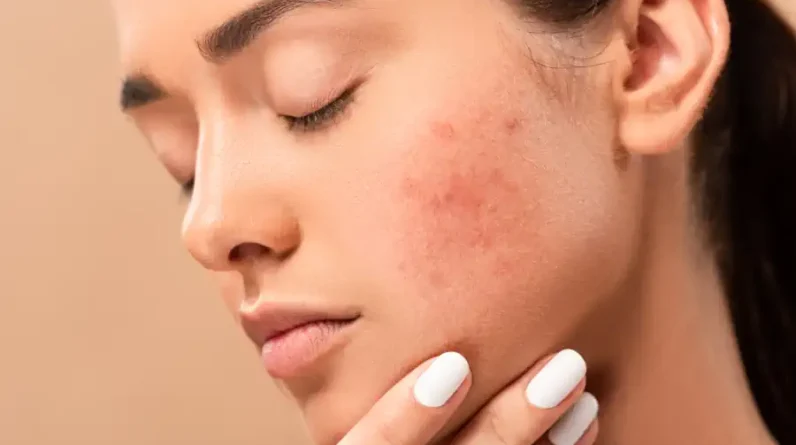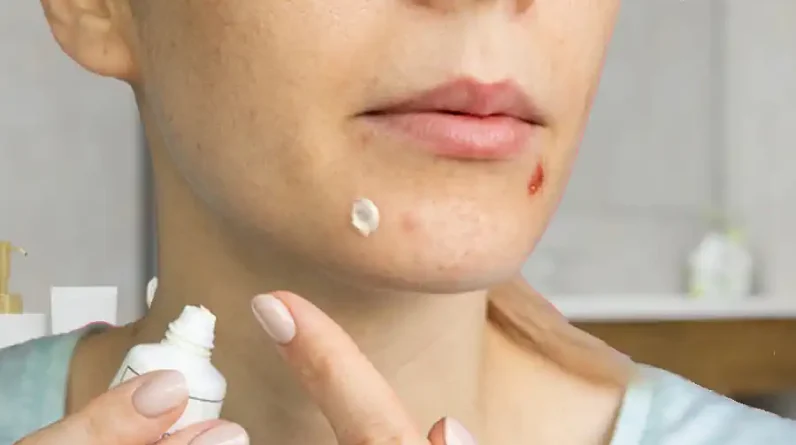You have heard the medical recommendation time and time again: wear sunscreen whenever you go outdoors. This product will prevent a host of conditions such as skin cancer, premature aging, and sunburn.
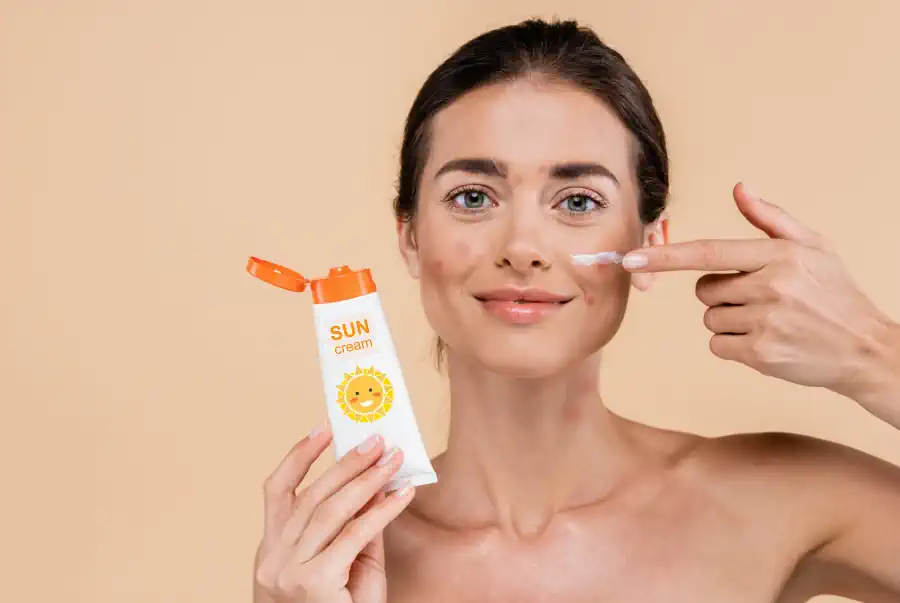
But what about acne? Can sunscreen actually make this condition worse?
Well, let’s talk for a minute about why you get acne in the first place. Acne is related to a combination of factors, including hormones, genetics, and the environment. When it comes to the environment, one of the biggest culprits is sunlight.
Damage From UV Rays
Ultraviolet (UV) rays from the sun can damage your skin and lead to inflammation. This can trigger or worsen acne breakouts.
UV does this by drying out the surface of the skin. The skin responds to this by increasing the production of sebum. Sebum is an oily substance that lubricates the skin but also clogs pores. These clogged pores provide a breeding ground for the overgrowth of bacteria, which can lead to acne lesions.
Not only this, but sunlight can increase pigment production in the skin, which can lead to dark spots at locations where you have had pimples. These colored areas are called post-inflammatory hyperpigmentation (PIH). PIH can last for months or years after it arises.
Thus, it makes sense that wearing sunscreen would help to protect against acne breakouts. And in fact, research has shown that using sunscreen can reduce the number of inflammatory acne lesions.
Choose Your Sunscreen Wisely
So, if using sunscreen can help to reduce acne, why is it that some people say that sunscreen makes their breakouts worse?
Well, it turns out that not all sunscreens are created equal.
The problem with some sunscreens is that they tend to be very greasy and can clog pores, which can lead to breakouts. In addition, some sunscreens contain ingredients that can trigger inflammation. These ingredients may be fragrances, dyes, or other chemicals.
To avoid these sunscreen-related problems, it is vital to choose a sunscreen that is non-comedogenic, meaning that it will not clog pores. Also, look for a sunscreen that is fragrance-free and designed for sensitive skin.
You want to find a sunscreen with SPF 30 or higher that provides both UVA and UVB protection. And be sure to apply it generously, about 30 minutes before going outdoors.
When applying sunscreen, put it on areas where you are prone to sun exposure. The face, neck, chest, and back are all common areas for acne breakouts and sun damage, so be sure to apply sunscreen to these areas.
And remember to reapply sunscreen every two hours or after swimming or sweating.
It is wise to wash sunscreen off thoroughly at the end of the day. This is true even for non-comedogenic sunscreens. These products can still eventually clog pores if they are not entirely removed from the skin.
But, in short, sunscreen will not aggravate your acne. In fact, sunscreen can help to reduce acne while also protecting you from other skin problems. Just be sure to choose a non-comedogenic sunscreen and apply it generously and evenly to all exposed areas of the skin.
Click this link to read about other acne myths.


